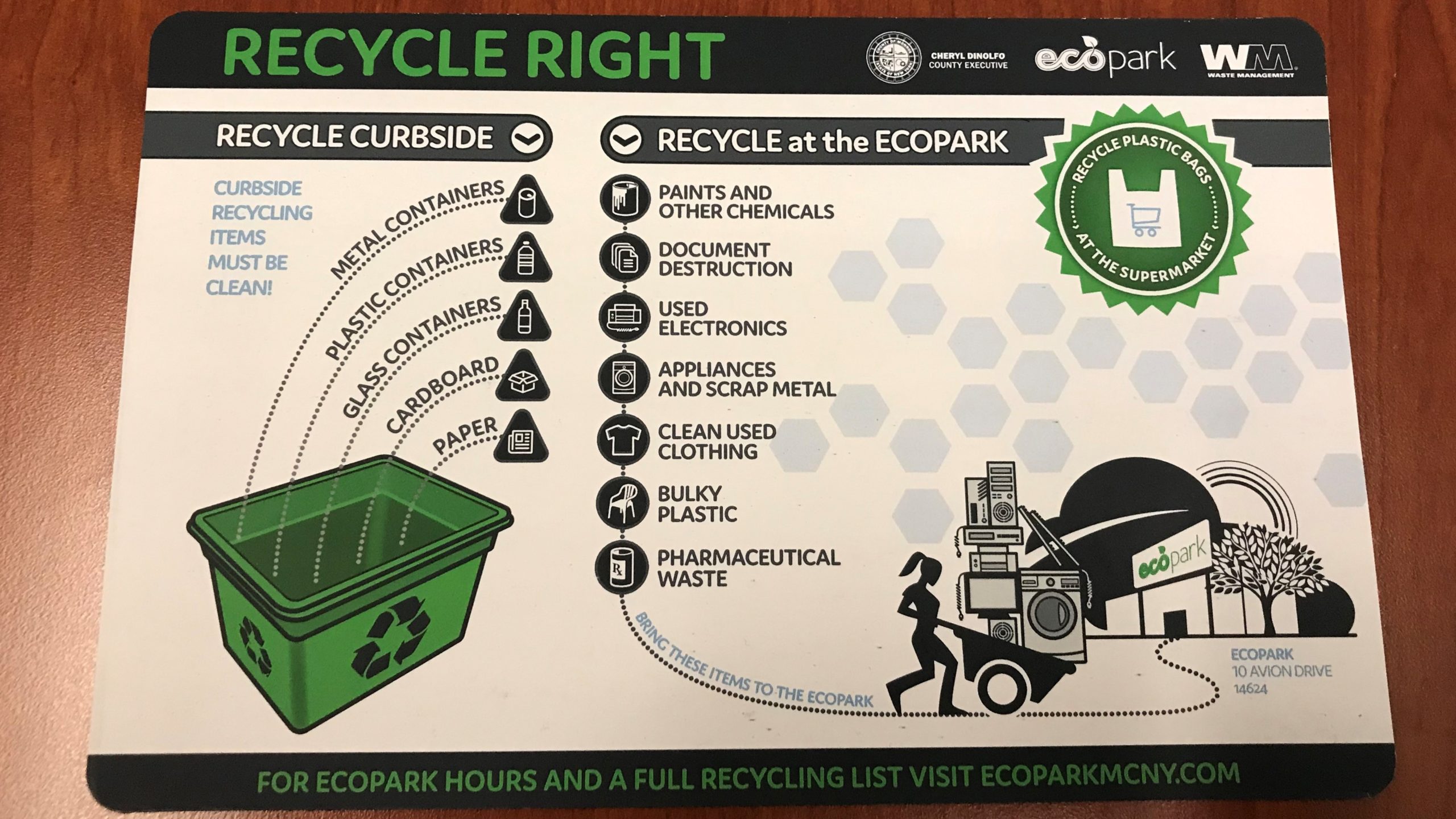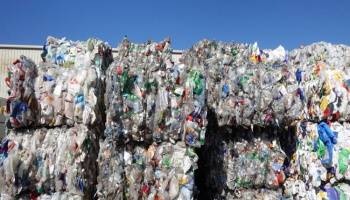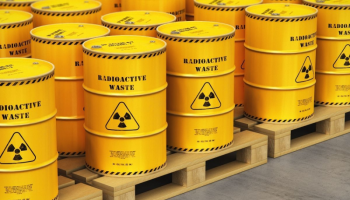The United States’ most populated city is of course New York City. But there are other cities involved in recycling in the state of New York, including Rochester. Having so many residents, events, businesses, and visitors to deal with means a lot of rubbish.
While the population of New York City expanded by more than 300,000 people between 2005 and 2017, the amount of garbage generated by the city decreased by over 3.5 million tonnes, curbside pickups played a vital role in reducing the waste streams.
Despite the fact that this figure only accounts for the residential waste, which represents a small percentage of the approximately 14 million tonnes of waste and recyclables that New York City throws away each year from its homes, businesses, streets, schools, and construction sites, there have been major changes in the policies of the government, numerous commercial innovations, and an increasing number of the community initiatives that were pushing for the cleaner and greener city.
In point of fact, New York City is at the forefront of the sustainable city development, and it aims to achieve zero waste by the year 2030. Examine the steps that the municipality is doing to achieve this objective, as well as the actions that communities & businesses are taking to combat climate change as they move toward zero-waste communities and lifestyles.
OneNYC — Zero Waste In NYC
It may be argued that the innovative OneNYC plan developed by the City of New York serves as the overarching framework for the push toward zero waste. It was presented in 2015 with the goal of making New York City happier, healthier, and more sustainable by the year 2050. It includes the goal of sending zero waste to landfills with dumpster rentals by the year 2030 and is one of the most significant proposals pertaining to zero waste that can be found anywhere in the world.
GrowNYC and DonateNYC are two initiatives that have fallen under the plan’s goals and have indirectly contributed to zero-waste goals.
Both of these initiatives saw numerous changes to the city’s waste management systems in 2016 as a result of the programme, and these changes have had long-lasting impacts.
Under this plan, some of more significant initiatives towards achieving a zero-waste New York City are as follows:
- Mandatory commercial recycling
- The Zero Waste Challenge NYC
- Developing zero waste schools
- Commercial organic waste rules
- Banning plastic bags
The Zero Waste Challenge NYC
The Zero Waste Challenge, which served as the proof of concept for the city’s broader goal to cut commercial waste disposal by ninety percent by the year 2030, was one of the most notable efforts that was undertaken.
The program was implemented in 2016 and targets large enterprises that generate a significant amount of waste. These organizations include hotels, food wholesalers, arenas, and manufacturers, owners of commercial structures, and others.
The participating businesses are tasked with rerouting at least fifty percent of their garbage away from landfills and incinerators, as well as rerouting food waste to help feed New York’s starving population.
The challenge was accepted and met with remarkable success by over 31 businesses located in 39 different locations across all 5 boroughs. There was a total of nearly 37,000 tonnes of material that was diverted from landfills, including more than 24,500 tonnes of organic material that was composted and 322 tonnes of food that was sent to New Yorkers in need.
Mandatory Commercial Recycling
The Zero Waste Challenge NYC served as a catalyst for the city, which ultimately resulted in the implementation of obligatory recycling in 2016. This means that all firms are required to recycle materials such as metal, glass, and plastic as well as paper, cardboard, and beverage cartons, and guarantee to the best of their abilities that such recyclable materials are correctly handled by the private carter.
Now, companies operating in New York City are required to enter into a contract with a private carter & develop the plan for how waste would be collected and distributed.
This plan must include signage to indicate whether the company will use source-separated collection, single-stream collection. In addition they are now required to provide receptacles for waste disposal that are clearly labelled and set apart from the general trash cans.
Commercial Organics Rules In NYC
According to the DSNY (New York City Department of Sanitation) regulations, businesses in New York City are required to separate back of house food scrap and plant trimmings as well as food-soiled paper or certified compostable items from rubbish and other recyclables in the same year. The organic composting and collection are to be done by the private hauler once again.
Composting regulations were first introduced in 2016 but only applied to a select group of large companies. This restriction was lifted in 2018 and has been reinstated in 2020.
More than 100,000 tonnes of food waste will be diverted from the landfills each year as a result of the most recent modification to the program, some of them via dumpster rentals. Following the discovery that facilities are capable of handling more materials than previously assumed, a comprehensive zero-waste system can be built that incorporates progressively smaller firms.






